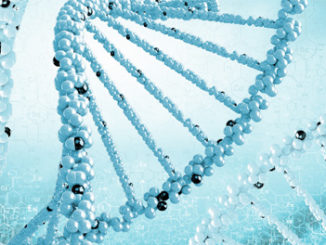The Epigenetic Benefits of Your Thanksgiving Feast
Thanksgiving is a time for people to come together to share what they are thankful for, enjoy each other’s company and, perhaps most importantly, eat. Sharing a large feast is a great way to strengthen the bond between family and friends during Thanksgiving, but you might not know it’s an opportunity to make the best of the nutriepigenetic benefits of your food. Nutriepigenomics looks at the effects different types of food and various nutrients have on the human body via [more…]





